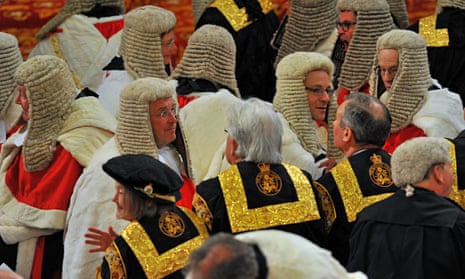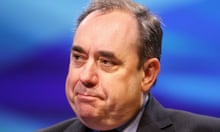The Scottish referendum campaign closed with the solemn vow of more powers to Scotland. The three Westminster leaders offered what Gordon Brown described as “close to home rule”. The vow will be delivered, but Scotland cannot change without England changing too. For English voters, the question will now become – as it was always going to be – what happens to us?
The promise to Scotland was made to save the union. It should be no surprise that people in England are asking “if Scotland can have what Scotland wants within the union, why shouldn’t England enjoy the same rights too?”
England has real problems. We are too centralised, which creates huge disparities between different regions, cities and communities. We are too dominated by Westminster governments, and we cannot even rely on those we elect to determine the legislation and policy that governs us.
When the devolution process began over 40 years ago, England barely featured in the minds of many Scottish or Welsh politicians. But England has changed. The days have gone when the English were happy to be vaguely confused as to whether we were British or English because they surely meant the same thing. The union is important, but England can’t be the only British nation that has to forgo its right to take its own decisions for the sake of the union.
No amount of theological debate about the Barnett formula or technical arguments about which laws are purely English can dodge the simple fact that it cannot be right that MPs from Wales, Scotland and Northern Ireland can vote on what happens in schools in my constituency, on the structure of the NHS in England, and on the level of university fees, when I cannot vote on the same issues in those nations and regions. These anomalies have created two tiers of MP already (more if you take account of the different levels of devolution to Wales, Northern Ireland and London). If England is going to have what England wants, Westminster will inevitably have to change.
Saying that everything can change for Scotland but nothing can change for England plays into the hands of David Cameron and his English votes on English laws (Evel) proposals. There should be no doubt: Evel is based on the right principle. Policy affecting England should be agreed by MPs elected by England, but Evel is not the only or best way of implementing it.
Simply excluding Scottish, Welsh and Northern Ireland MPs from some business will lead to endless dispute and, more fundamentally, constant instability as UK governments fail to get legislation through. Better options lie in reform of the second chamber, so that directly elected English representatives can scrutinise, revise or reject English legislation. A democratic House of Lords could provide the clear, accountable English scrutiny that Evel seeks, while keeping the lower chamber as a Commons of the UK.
At the same time, it is as important to get many decisions out of Westminster and into England’s localities as it is to reduce the involvement of Scottish MPs in English issues. There is a vibrant debate about decentralisation across England and across all parties but this has been excluded from the Evel plan.
Every English politician who took part in the referendum campaign was astonished by the level of knowledge and engagement. That’s the level of debate that England needs. But the current government plan is to force through an Evel vote before Christmas, with no wider public debate or engagement. Other views from the huge sweep of civic society in faith, business, unions, local government or the voluntary sector, or the determined campaigners for an English Parliament, are being shut out and silenced.
Worse, ministers say with glee they want to make this an election issue. England needs to reach a consensus, not an artificial short-term confrontation. England needs a coming together on how, and where, we are to be governed.
Labour’s proposals for a constitutional convention recognise the importance of public involvement. But England needs a process of its own, and one that should be as much outside politics as it is inside it. This, surely, is a discussion that needs to start now, up and down this country, with everyone who is concerned about where power lies taking part. It doesn’t need any politician to say when the debate should start, and if it takes off, no politician will be able to close it down until the English have reached a conclusion.










